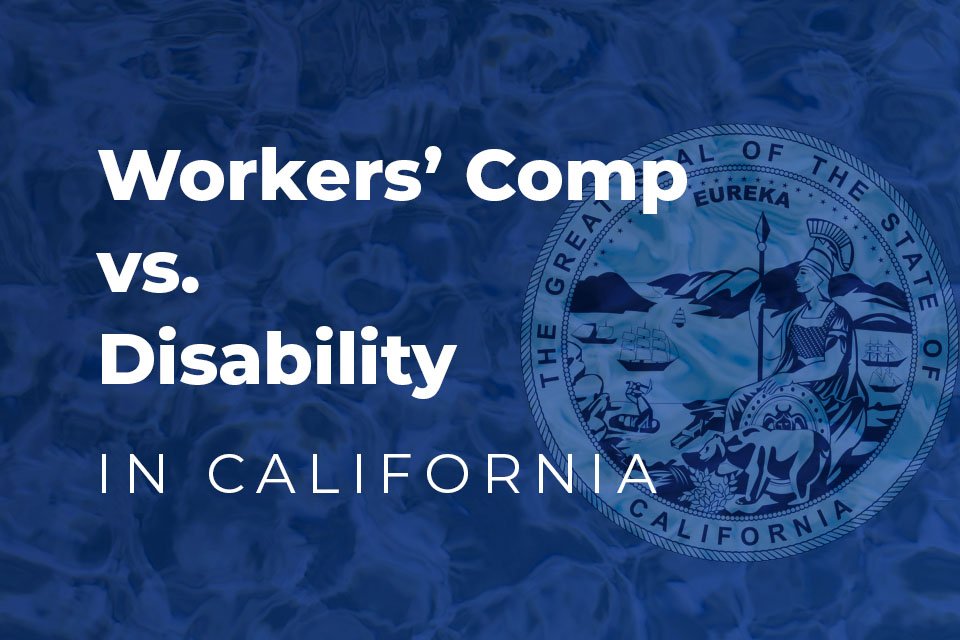Overview
California’s workers’ compensation process can overwhelm employees who have suffered an injury in the workplace. To ensure fair compensation and to protect their rights, employees should have a comprehensive understanding of the process. This article provides an overview of the workers’ compensation system in California, guiding employees through the necessary steps and emphasizing the benefits of seeking legal representation.
Reporting the Injury
The first step in the workers’ compensation process involves promptly reporting the workplace injury to the employer. Employees must report the injury within 30 days, but it’s advisable to report it as soon as possible. Failure to meet this deadline may result in benefits denial. Employees should provide detailed information about the injury, including the incident’s date, time, and circumstances.
Seeking Medical Treatment
After reporting the injury, employees have the right to receive necessary medical treatment for work-related injuries. California law mandates that employers provide medical care through workers’ compensation insurance. Informing healthcare providers about the work-related nature of the injury ensures proper documentation and billing.
Filing the Workers’ Compensation Claim
Initiating the workers’ compensation process involves filing a claim with the California Workers’ Compensation Appeals Board (WCAB). Employees must complete the DWC-1 claim form accurately and submit it within one year of the injury or the last date of employer-provided benefits. This claim form notifies the employer and the workers’ compensation insurer about the injury and the employee’s intent to seek compensation.
Evaluating the Claim
Upon filing the claim, the workers’ compensation insurer evaluates its validity and decides whether to accept or deny it. The insurer has 90 days to make this determination. Accepted claims entitle employees to benefits, including medical treatment coverage and wage replacement. Denied claims can be appealed.
Appealing a Denied Claim
Employees can request a hearing before a workers’ compensation judge to appeal a denied claim. This step allows employees to present additional evidence, testimonies, and medical reports supporting their claim. Having legal representation significantly increases the chances of a successful appeal.
Benefits and Compensation
Approved claims entitle employees to various benefits, such as medical treatment coverage, temporary disability benefits, permanent disability benefits, and vocational rehabilitation if necessary. These benefits cover medical expenses, lost wages, and potential future earnings losses. A workers’ compensation attorney can ensure employees receive the maximum benefits entitled to them under California law.
Free Consultation with a California Workers’ Compensation Attorney
Navigating California’s workers’ compensation process can be challenging for employees. Understanding the necessary steps, from reporting the injury to filing a claim and potentially appealing a denial, is crucial for protecting their rights and securing fair compensation. Seeking legal representation from an experienced workers’ compensation attorney is highly recommended. Navarro Law Firm can guide employees, provide valuable advice, and advocate for their best interests, ultimately maximizing their chances of a successful outcome in their workers’ compensation case. Contact us for a Free Consultation!


